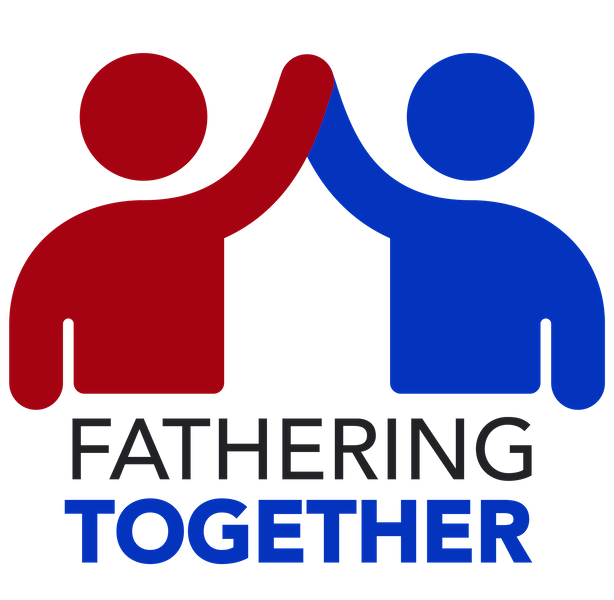
The conversation started over breakfast, a thread to a tangent passed with pepper and more coffee. It stuck like syrup in a mustache.
Eventually, it moved from a stranger-coveted table in an increasingly busy restaurant to another prolonged standstill in the parking lot. Two family members danced a tango of societal and political opinion while everyone else kicked leaves and waited for car doors to open.
Then it continued in the front seat for another 20 minutes. I sat in the back with a 5-year-old on my right. His toy made a loud, electronic shriek, apparently forever, and it was always within an inch of my face. Frankly, I was happy to have it, never pushing it away for the entire ride. It kept the conversation at bay.
Perhaps it seems odd that I wasn’t involved in the debate. After all, my thoughts on politics and society are published everywhere (including this site), often. I’m not known for staying quiet.
I was, figuratively, biting my tongue.
This past Christmas I had lost my cool — justifiably so, but it was still rather embarrassing — in a similar conversation. I had yelled, cursed, turned shades of the season and frothed with spittle. It was an outburst that had been building for over a year. Disgust, fear, anger and tension — I suddenly unleashed it in the face of someone who didn’t deserve it, at least not in the form I presented it. I vowed I would not repeat myself, despite everything being 12 months worse than anyone could ever want to imagine.
So I sat in the backseat, letting a child pierce my ears with laser screams. His face was full of soundless laughter.
Every so often I would catch a word or two from the front. The argument seemed to center on whether most people in the world (but, specifically, in the United States) are good. One swore that was the case. One was not convinced. They both had their reasons.
For context, the participants in this particular conversation fell on different sides of several aisles, including (but not limited to) politics, age, religion, education, race and tax bracket. In most cases, I tended to agree with one of them more than the other. It’s not a secret.
My 12-year-old son summed it up best as we all loitered in the parking lot: “I don’t know what they’re arguing about, but I know who is right.”
He wasn’t wrong.
Yet, the current conversation, the matter of innate goodness, was something of an outlier.
One argued that most people are good, something I want to believe (and often do, based upon the majority of those I have met). The point, however, was tinted in shades of rose, the hue of making great again that which was only a matter of privilege and perspective.
The case against was full of headlines and the burning world around us. I only needed to look out the window, the ground black and smoldering in the aftermath of recent, literal fires, to find agreement there.
And I did, beyond the face of a laughing boy, and deep into the valley of burnt homes, the bones of buildings and the ghosts already haunting them, stretched every stitch of answer.
Most people are good. At least, they believe themselves to be.
But what does “good” even mean?
What is considered good by one person may not qualify for another. One act, intended and believed as wholehearted goodness, may be perceived as wrong, hurtful or offensive by others. Good, like most things, is relative.
For my part, I try to teach my kids to spread kindness, social awareness, empathy and action, all of which I believe to be at the core of good. Yet, I am constantly mocked and threatened for it. I am quite sure those people casting judgment upon me don’t believe themselves wrong. Far from it. They think of themselves as the good guys.
We got to the beach, as we always do, the ground of ash finally giving way to swaths of sand, mere feet from the ocean’s edge. The toy’s digital echo buried beneath a cry of seagulls and the pop of waves breaking into cold, wet blankets.
My boys appeared from the other half of our caravan, barefoot and pants rolled high.
“We’re going to go walk in the water,” they said.
“Good,” I replied.
They knew exactly what I meant.
Photo by Whit Honea.

Leave a Reply